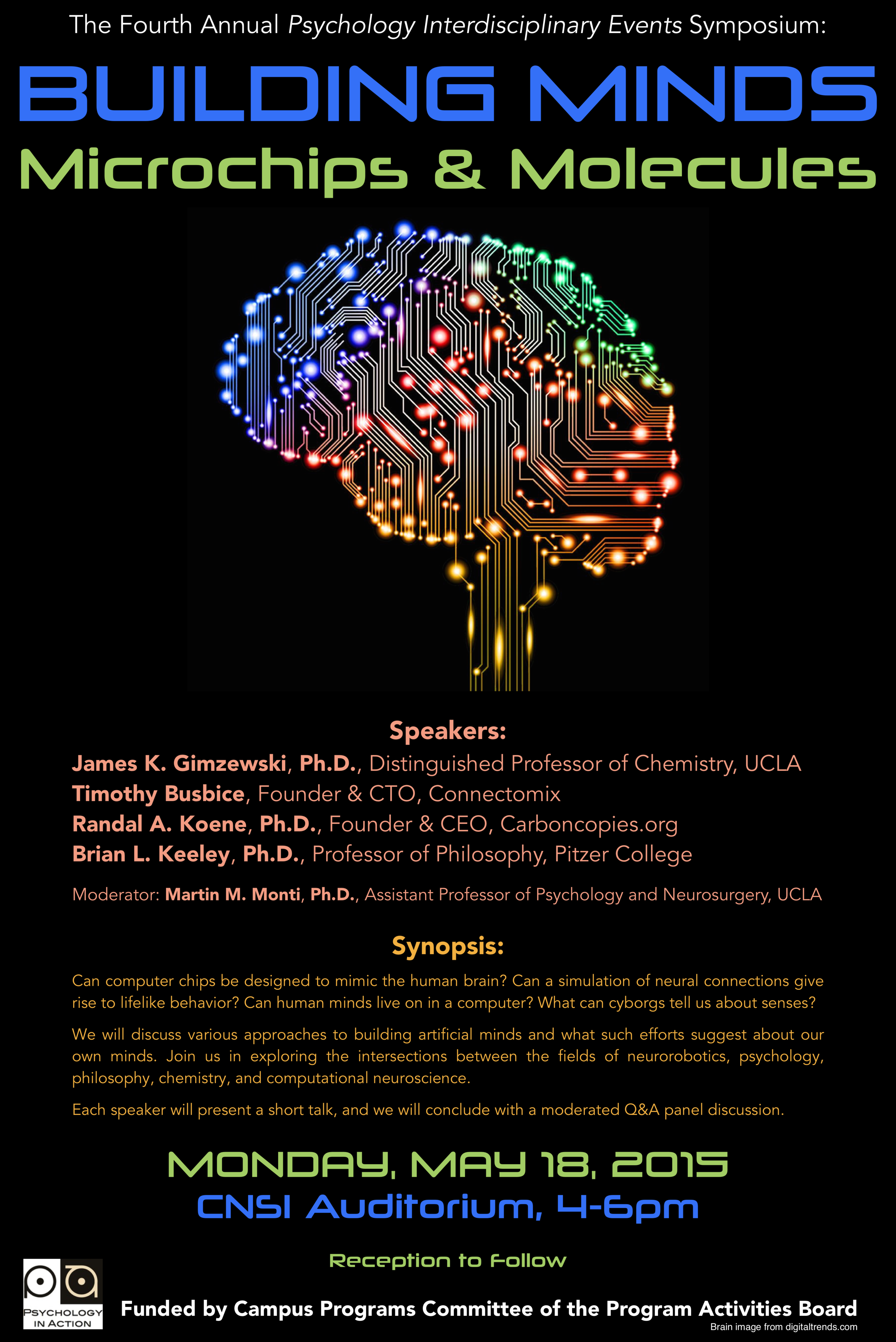-
The Mind as an Origami Model: A Tale of Ambiguity and Emergence

What does an analogy between origami and the mind tell us about the current state of cognitive science?
-
Choosing the Right Color Scale for Data Visualization

Colors play an important role in data visualization. They can enable an elegant, easy-to-read visualization, but can also confuse viewers when used incorrectly. Read about how to better use colors for your next visualization here.
-
Cognitive Offloading: The Memory Benefits and Drawbacks of Using Technology to Store Limitless Information

Thanks to recent technology, offloading (the process of externally recording thoughts and memories to reduce cognitive demand) is easier than ever. With computers and smartphones capable of recording and retrieving essentially infinite quantities of information, offloading has become even more efficient, leading to important changes in the way humans think and remember.
-
Worrywarts Anonymous: Understanding and finding ways to manage your worry

Excessive worry can be distressing and impairing. Learn the function of your worry and ways to manage it effectively.
-
“Building Minds: Microchips & Molecules” Symposium – May 18, 2015

Psychology in Action is proud to announce the fourth annual Psychology Interdisciplinary Events symposium, Monday, May 18th, 2015, from 4 to 6pm in UCLA’s CNSI Auditorium. The discussion will focus on various attempts to create artificial minds and what they tell us about our own minds. The event is completely FREE and open to the general…
-
Psychology in Action’s Women in Brain Sciences and Technology Event
Psychology in Action’s Outreach Program co-hosted a very successful awareness event on UCLA campus last quarter with UCLA’s Cognitive Science Student Association (CSSA). Geared towards inspiring and educating undergraduate women who are looking to pursue degrees in STEM-related fields, the Women in Brain Science and Technology Event saw over 45 undergraduate attendees. In a field predominantly…
-
Music Cognition
One of the most fascinating and quickly growing subareas of psychology and the cognitive sciences is music cognition, the interdisciplinary study of how the brain processes and perceives music. Music cognition is driven primarily by the perception of tempo and pitch, as well as the important concept of expectation.
-
What is Cognitive Science?
This article originally appeared in the Psychology in Action Newsletter (Issue 5, Part B). If you’re in an introductory psychology class, you’ve probably learned about Freud, Skinner, and Piaget, who were profoundly important in the foundations of psychology. But you probably haven’t heard much about Noam Chomsky or Allen Newell, although both of these people…
-
Synesthesia: When Ordinary Activities Trigger Extraordinary Sensations
Many of us have had the experience of unusual associations between our senses and our memories. Perhaps a certain smell unexpectedly reminds you of a grandparent, or certain foods evoke memories of old friends. Associations between memories and sensory experience are normal, but about 4% of the population experiences a condition called synesthesia in which…